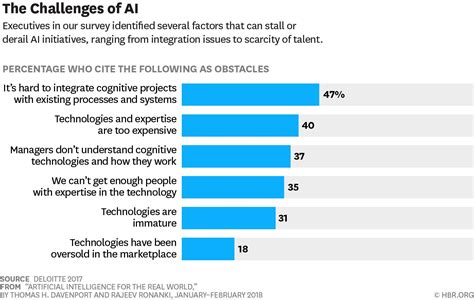The implementation of AI and ML solutions in industries such as finance, healthcare, and retail is becoming increasingly popular. However, there are a number of key challenges that must be addressed before these technologies can be successfully implemented.
One of the biggest challenges facing the implementation of AI and ML solutions is data availability. In order for AI and ML to work effectively, they need access to large amounts of accurate and up-to-date data. This data needs to be collected from multiple sources and then organized into a format that can be used by the algorithms. Additionally, this data needs to be constantly updated in order to ensure accuracy. Without access to sufficient data, AI and ML solutions will not be able to provide meaningful insights or results.
Another challenge is the complexity of the algorithms themselves. AI and ML algorithms are often complex and require significant computing power to run. This means that companies may need to invest in powerful hardware and software in order to use these technologies. Additionally, the algorithms need to be regularly updated in order to keep up with changes in the industry.
Finally, there is the issue of trust. Many people are wary of trusting AI and ML solutions due to their potential for bias and errors. Companies must take steps to ensure that their algorithms are fair and unbiased, and that any mistakes made by the algorithms are quickly identified and corrected. Additionally, companies should strive to make sure that their algorithms are transparent and explainable so that users understand how decisions are being made.
Overall, while the implementation of AI and ML solutions in industries such as finance, healthcare, and retail presents many opportunities, it also comes with its own set of unique challenges. Companies must address these challenges if they want to successfully implement these technologies and reap the benefits they offer.
